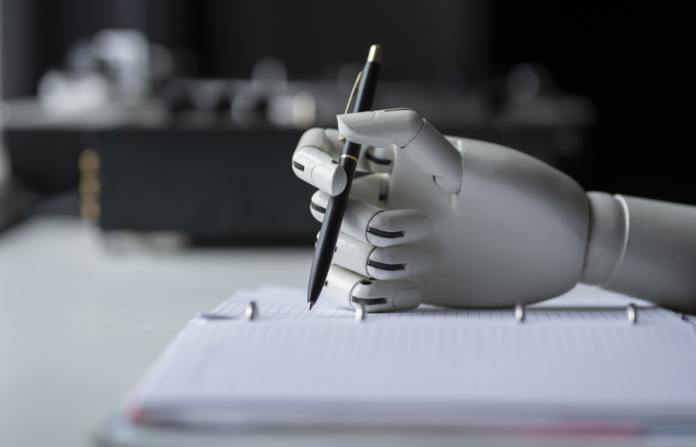New research found that readers preferred AI-generated poems over poems written by humans. The study also found that participants were more likely to misidentify AI-generated poems as having been human-authored.
Published in Scientific Reports, the study found that non-expert poetry reader participants rated qualities such as rhythm and beauty higher in the AI-generated poems, which contributed to their mistaken belief that humans wrote them. The study’s authors also noted a bias among participants who were told a poem was generated by AI. They viewed it more negatively compared to when they were told the poem was human-written.
Poems from the Masters vs. AI-Generated Poems
The researchers collected five poems each from 10 well-known English language poets dating back to the early days of English poetry, including Geoffrey Chaucer, William Shakespeare, Samuel Butler, Lord Byron, Walt Whitman, Emily Dickinson, T.S. Eliot, Allen Ginsberg, Sylvia Plath, and Dorothea Lasky. They also used generative AI to output five poems “in the style of” each poet.
In the first experiment, they assigned 1,634 participants to one of the 10 poets and presented them with 10 poems in random order, five written by that poet and five generated by AI in the poet’s style. In the second, they asked 696 participants to assess five human-written and five AI-generated poems along 14 qualitative dimensions.
Study results showed that participants were more likely to guess that humans wrote the AI-generated poems than they were for poems actually written by humans. Further, the AI poems scored higher than the ones written by humans in attributes such as “creativity,” “atmosphere,” and “emotional quality.”
“AI-generated poems in our study are generally more accessible than the human-authored poems in our study,’’ the researchers wrote. “Participants use variations of the phrase ‘doesn’t make sense’ for human-authored poems more often than they do for AI-generated poems.”
Similarly, a 2024 study by the U.K.’s University College London and the University of Exeter found that stories written with help from AI were more creative, better written, and more enjoyable. The research indicated that writers with the most access to AI experienced the greatest creative gains, with their stories scoring eight percent higher for novelty and nine percent higher for usefulness than stories written without AI.
